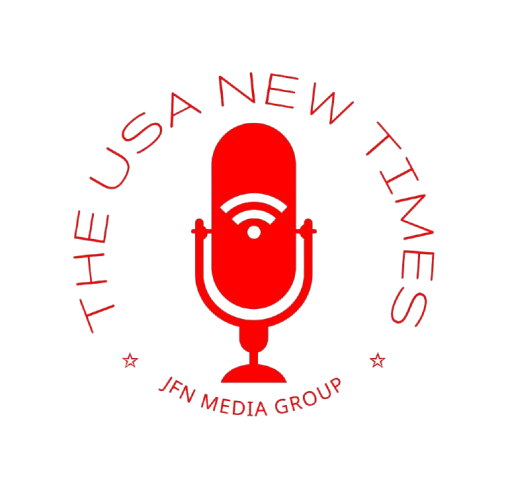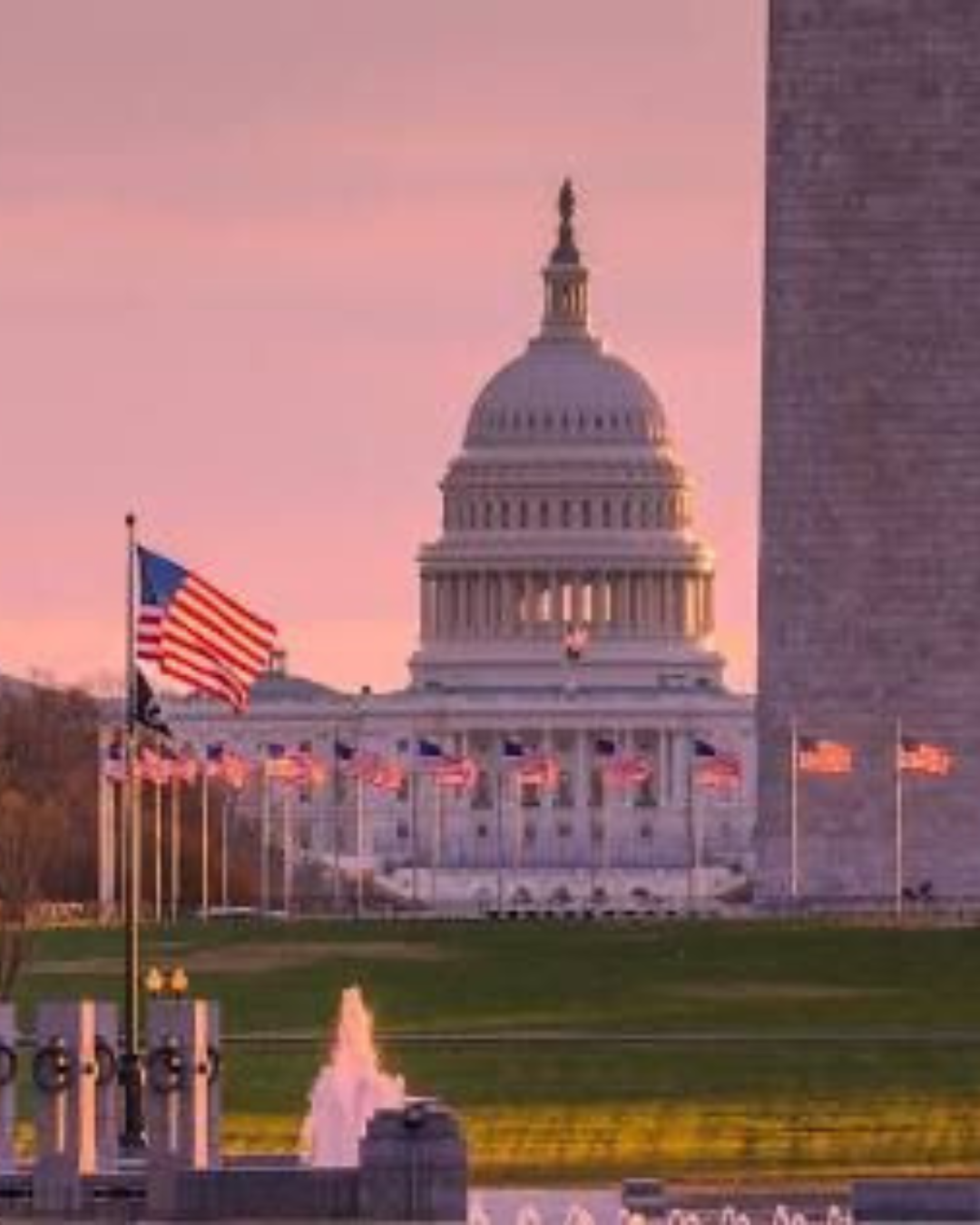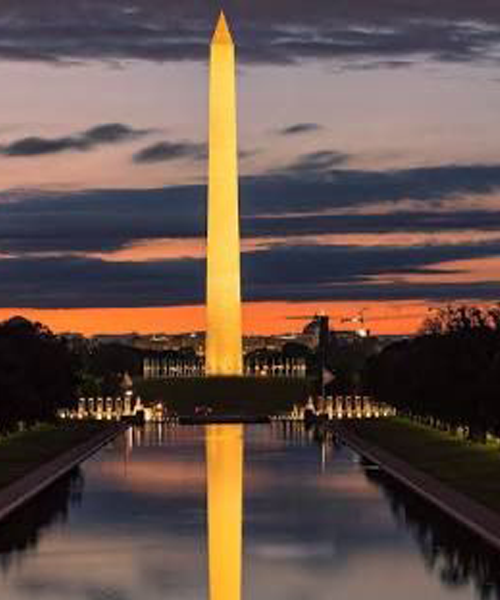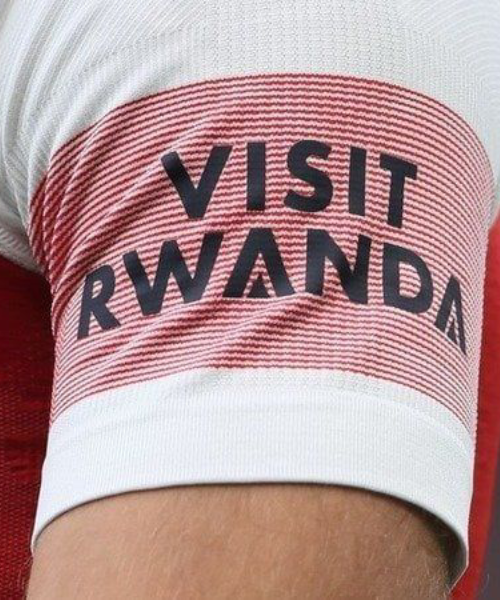Goma, Democratic Republic of Congo (DRC) — In a significant move aimed at easing tensions in the eastern Democratic Republic of Congo, the Congolese government and the AFC/M23 rebel group have exchanged prisoners of war, signaling a potential thaw in one of Africa’s most protracted conflicts.
The exchange, facilitated by regional mediators and monitored by international observers, took place on Monday near the border town of Bunagana, currently under M23 control. Both sides confirmed that dozens of fighters were released, although exact numbers have not been disclosed.
This rare act of cooperation comes amid mounting regional pressure and deepening humanitarian concerns in North Kivu province, where clashes between the Congolese Armed Forces (FARDC) and the M23 movement have displaced over one million people since 2022.
“The release of prisoners is a gesture of goodwill and an essential step toward building trust between the two parties,” said a spokesperson for the East African Community (EAC), which has been leading peace talks in Nairobi and Luanda. “We hope this action will create space for deeper negotiations and reduce the intensity of hostilities on the ground.”
Congolese officials confirmed that the prisoners released by M23 included FARDC soldiers captured earlier this year in clashes near Rutshuru and Masisi territories. In exchange, the DRC government freed captured M23 combatants who had been held in military detention since late 2023.
While no formal ceasefire has been agreed upon, sources close to the talks indicate that the exchange forms part of broader confidence-building measures proposed by regional mediators and backed by both the African Union and the United Nations.
Despite its symbolic importance, experts warn against viewing the swap as a breakthrough.
“This is not a peace deal, but rather a temporary gesture suggesting that both sides may be open to dialogue under the right conditions,” said Dr. Lillian Mukamba, a political analyst specializing in Great Lakes region conflicts. “The roots of the conflict — including governance issues, ethnic tensions, and foreign involvement — remain unresolved, and tensions persist despite this gesture.”
The M23 (March 23 Movement), a Tutsi-led rebel group, re-emerged in late 2021 after nearly a decade of dormancy, accusing the DRC government of failing to honor previous peace agreements. Kinshasa, meanwhile, has accused neighboring Rwanda of supporting the group — allegations Rwanda has consistently denied.
The humanitarian situation in eastern Congo remains dire, with thousands of civilians caught in the crossfire. Aid agencies welcomed the prisoner release as a positive sign but stressed the urgent need to protect civilians and reopen humanitarian corridors.
“This exchange offers a rare glimmer of hope for families who have borne the brunt of this war,” said Médecins Sans Frontières (MSF) in a statement. “But much more needs to be done to achieve lasting peace and ensure access to aid.”
With regional summits scheduled in Addis Ababa and Nairobi, diplomats hope the exchange will spur renewed efforts toward a ceasefire and a political settlement.
As eastern Congo remains volatile, this week’s gesture — however modest — may mark the first real opening in years for a comprehensive peace process in one of the world’s most troubled regions.








